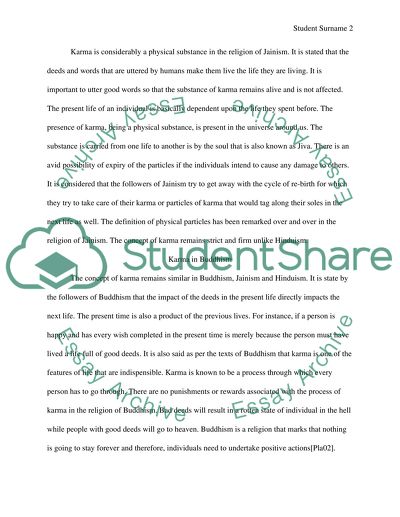Cite this document
(“World religion Essay Example | Topics and Well Written Essays - 1000 words”, n.d.)
Retrieved from https://studentshare.org/philosophy/1672553-world-religion
Retrieved from https://studentshare.org/philosophy/1672553-world-religion
(World Religion Essay Example | Topics and Well Written Essays - 1000 Words)
https://studentshare.org/philosophy/1672553-world-religion.
https://studentshare.org/philosophy/1672553-world-religion.
“World Religion Essay Example | Topics and Well Written Essays - 1000 Words”, n.d. https://studentshare.org/philosophy/1672553-world-religion.


